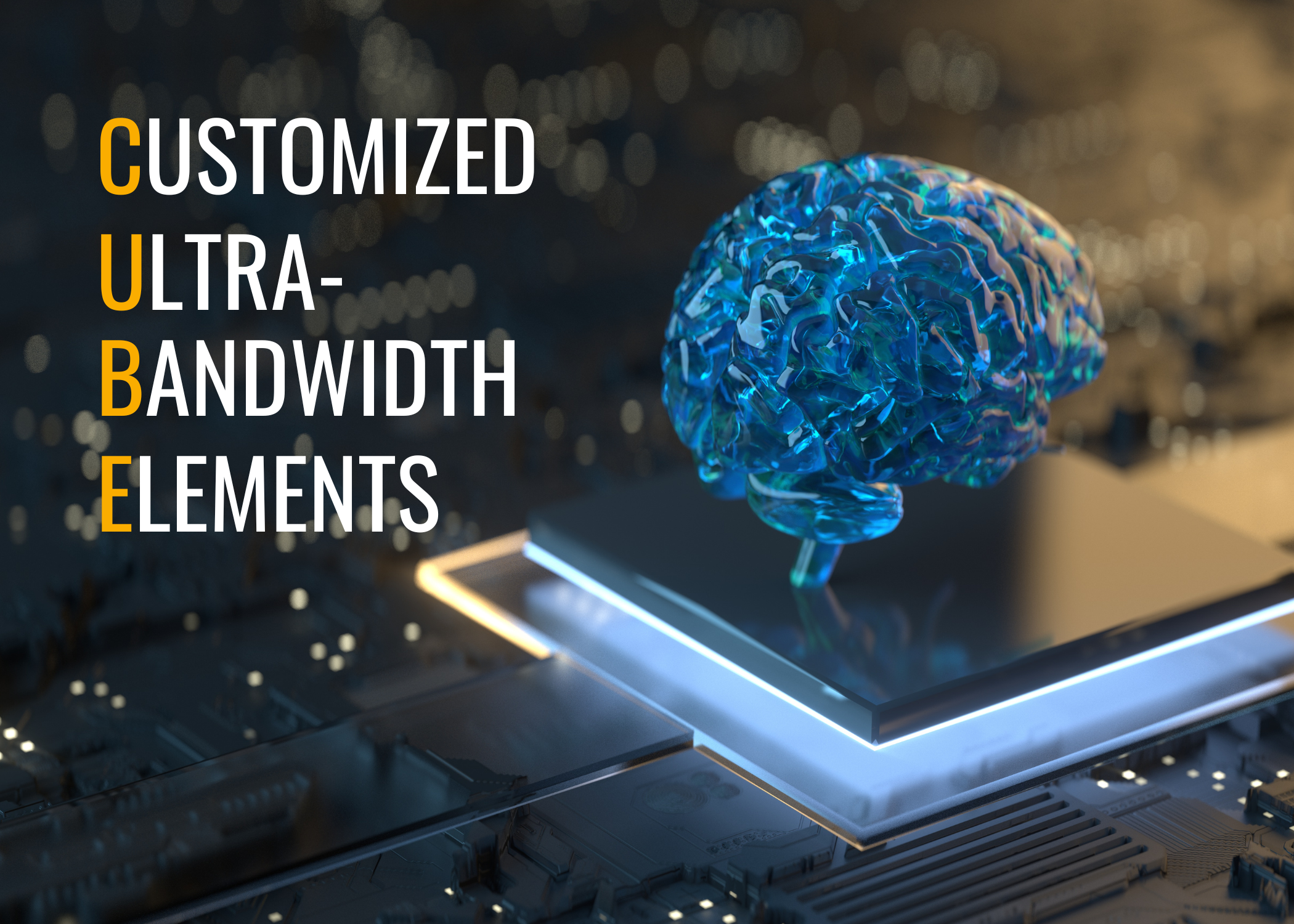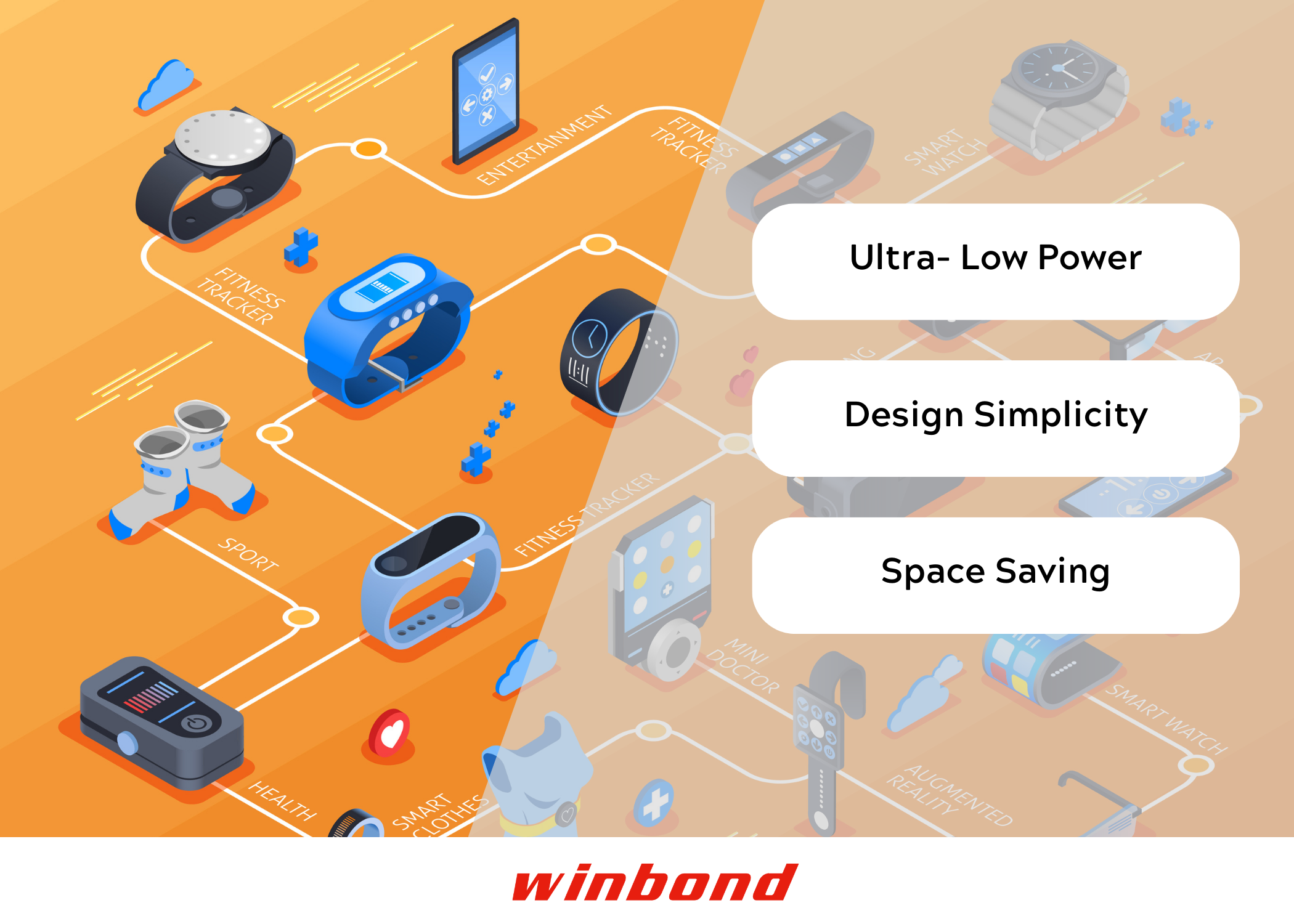Inexpensive, high-capacity dynamic random-access memory (DRAMs) chips are currently used in modern computers as the “main memory” units. These combinations of metal-oxide-semiconductor field-effect transistors (MOSFETs) and metal-oxide-semiconductor (MOS) capacitors may exist in asynchronous or synchronous forms.
SEARCH FOR THE PRODUCT SPEC
What Is SDRAM?
Synchronous DRAM represents an optimized data processing chip with significantly improved performance. These integrated circuits possess external pin interfaces controlled by external clock signals.
How Does SDRAM Work?
SDRAMs have clock signals routed through an integrated finite state machine that allows them to “pipeline” incoming commands. SDRAM circuits allow new commands to be received while ongoing orders are processed. SDRAM is typically divided into equal parcels of memory cells called banks. This arrangement allows memory interleaving where all the banks can be read at the same time. The outcome of this unique arrangement is faster data transfer and a higher overall performance rating than a comparable asynchronous DRAM.
Applications of SDRAM
Synchronous dynamic RAM can be used to optimize computing across a vast array of digital electronics including computers, video games, and other portable devices. Synchronous DRAM can be custom-built for battery-powered tech, and can operate on low power. Power savings can be derived from temperature-dependent refreshes or circuit-enabled power-down modes.
Benefits of Utilizing Synchronous DRAM in Electronic Applications
Synchronous DRAM is designed to process data at the same clock speed as the CPU. Therefore, Synchronous DRAM is regarded as the core component that is used in the high-speed processing of large volumes of data. Currently, its usage is expanding to various consumer electronics such as automotive, industrial, networking, DTV, DSC, and STB.
Winbond Offers State-of-the-Art Synchronous DRAM for Your Electronics
Winbond offers high-quality synchronous random-access memory for use in commercial and industrial electronic systems. Our specialty DRAM are designed to meet the highest possible standards in terms of performance while incorporating desirable features of low power.
Note: Any questions, please contact Technical Support![]()




